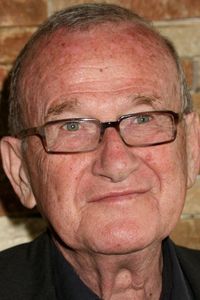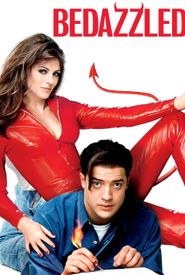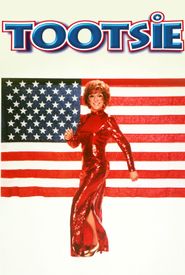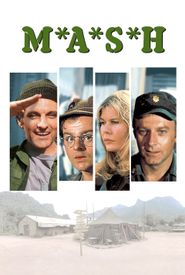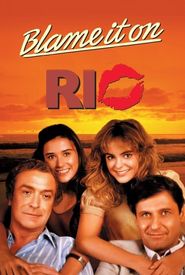Larry Gelbart's gift for provoking laughter emerged early in his life and has remained a constant companion throughout his illustrious career as a comedy writer. Spanning over four decades, his writing credits are a testament to his remarkable talent and dedication to the art of comedy.
Gelbart's introduction to the world of comedy came courtesy of his father, a barber in Beverly Hills who would regale his clients, including the likes of Danny Thomas, with stories about his 15-year-old son's comedic abilities. As a result, Larry became a professional comedy writer before finishing high school, thanks in part to his father's unofficial agency.
After being signed by the William Morris Agency, Gelbart joined the writing staff of "Duffy's Tavern," working under the guidance of Ed Gardner, considered to be the hardest taskmaster in radio. Despite the challenging environment, Gelbart thrived, and his youthful energy and eagerness to please earned him the respect and admiration of his colleagues.
Gelbart's early career took him to the "Joan Davis Show," where he honed his skills before being called into the Army. During his time with Armed Forces Radio Service, he wrote for the Army's "Command Performance" and continued to work on "Joan Davis" and "Jack Paar's" shows. Upon his return, he wrote for Jack Carson and Bob Hope, both on radio and television, and also contributed to the Red Buttons TV show.
In 1953, Gelbart joined the staff of TV's "Your Show of Shows," where he wrote skits for Sid Caesar and Imogene Coca alongside fellow wits Mel Brooks, Carl Reiner, and Neil Simon. For his work on the series, Gelbart won the Sylvania Award and two Emmy Awards.
The 1960s saw Gelbart transition to the world of theater, where he wrote "My L.A." and "The Conquering Hero." He also collaborated with Burt Shevelove on a reworking of Plautus, resulting in the hit Broadway musical comedy "A Funny Thing Happened on the Way to the Forum," starring Zero Mostel and earning Gelbart and Shevelove a 1962 Tony Award.
When "Forum" made its way to London, Gelbart and his family relocated, where he continued to write comedy, including the film "The Wrong Box" (1966),the play "Jump," and several television scripts. After nine years in London, Gelbart returned to Los Angeles to write the television series "M*A*S*H" (1972),for which he was responsible for 97 segments.
Four years later, Gelbart again drew inspiration from the classics, adapting Ben Johnson's "Volpone" into the Broadway hit "Sly Fox," directed by Arthur Penn and starring George C. Scott. His screen credits include "The Notorious Landlady" (1962),"Not with My Wife, You Don't!" (1966),"Oh, God!" (1977),"Neighbors" (1981),"Movie Movie" (1978),and "Tootsie" (1982),for which he received an Academy Award nomination and best screenplay honors from the New York, Los Angeles, and National Film Critics organization.
